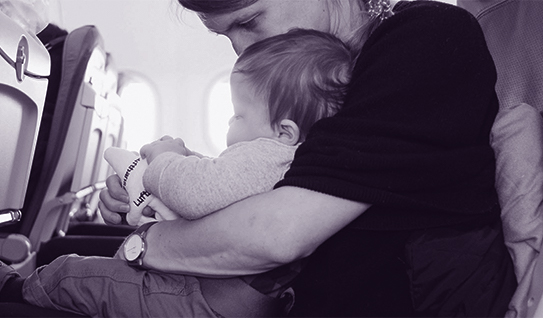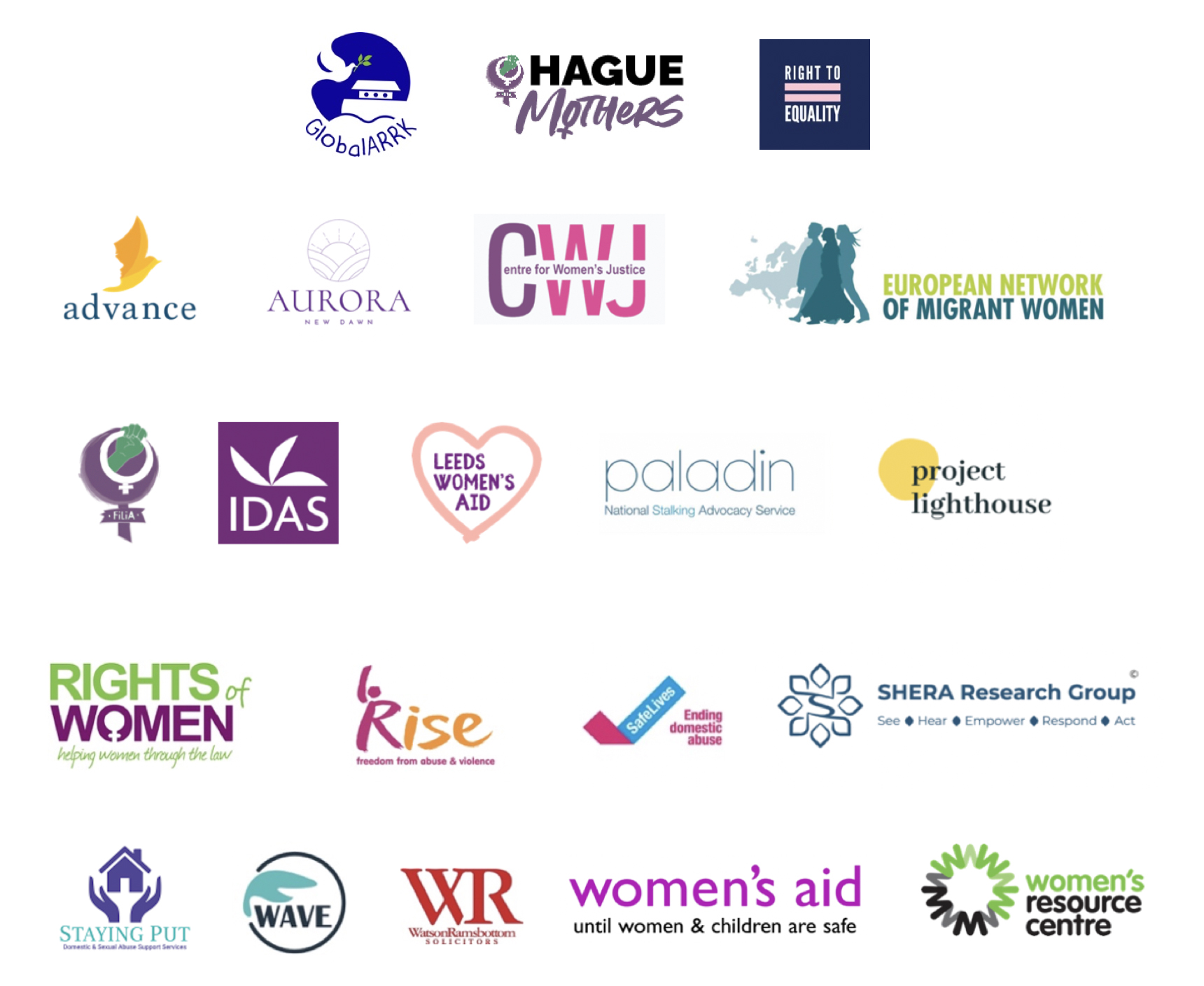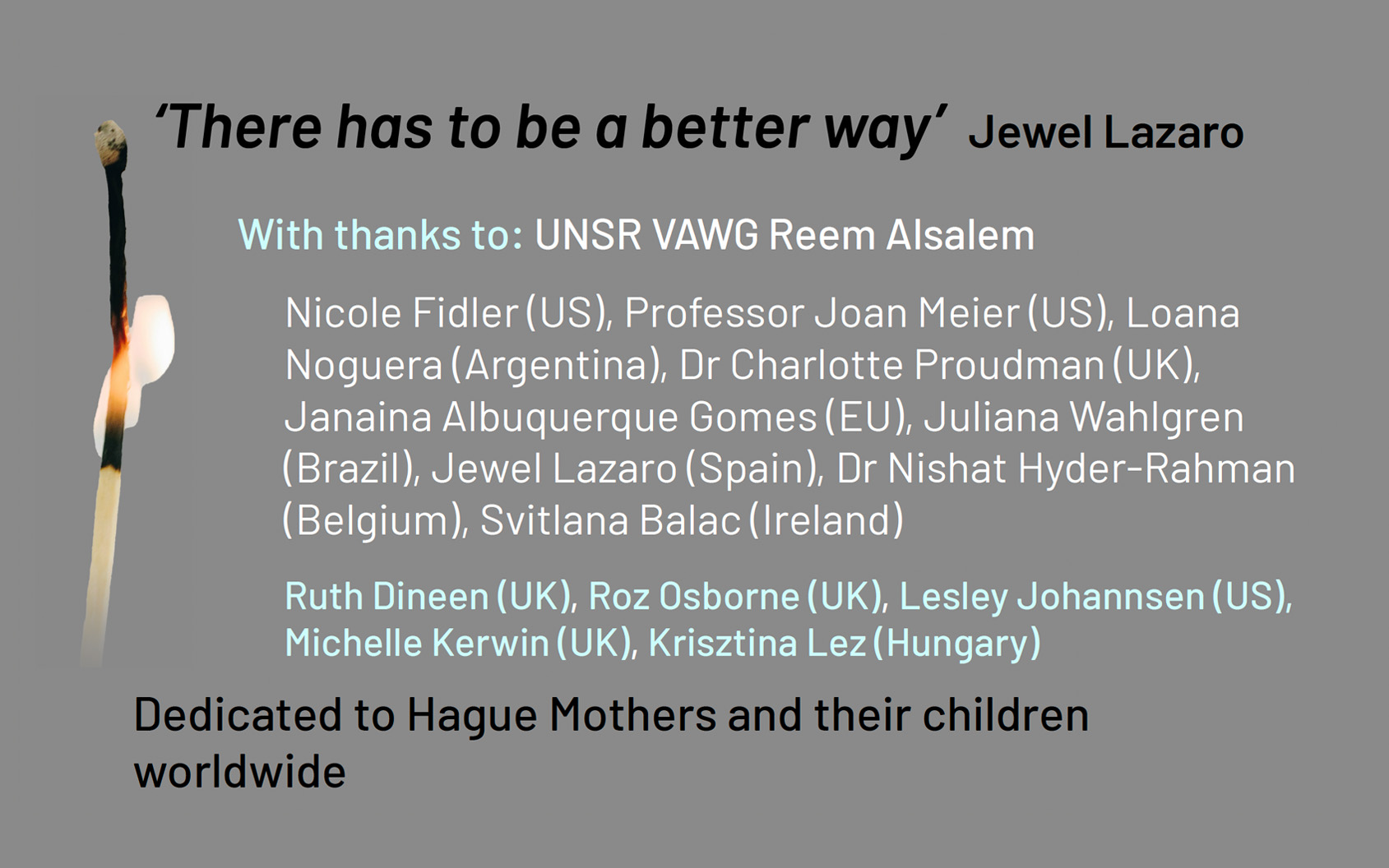Mums on the Run & Hague Mothers’ response
Ed Thomas’ powerful BBC documentary: Mums On The Run: Failed By The Family Court has shone a light on one aspect of the Hague Abduction Convention. We are grateful to him and to the courageous mothers who spoke out – albeit anonymously. Their stories need to be heard. Please note, if you are outside the UK you may not be able to view this programme.
But there is a wider, more complex story to be told.
We receive emails almost every day from loving mothers from across the world who are being actively prevented from keeping themselves and their children safe – by Hague courts and family courts. It is heart-breaking that mothers feel obliged to leave their homes, families, and jobs in a desperate attempt to find safety. It is doubly heart-breaking that, even when they do, they are likely to remain in serious danger.
The focus of the programme was on mothers who flee to a country that has not signed up to the Hague Convention. That decision cuts them off from their families and support networks, and not infrequently, from any source of income. Many end up living in poverty, placed on an INTERPOL list and a prisoner in the country they have fled to. And they are at serious risk of having their children snatched by ‘private investigators’, hired by the father to track them down. These often operate outside the law; children are taken by force, drugged to make them more compliant on the flight back to the country they left. Mothers have no recourse. There is no-one they can turn to for help.
There are other groups of mothers who are impacted by the Convention. Mothers who have been living abroad with their partner, will often return home to a country that has signed the Convention, in order to escape an abusive or controlling relationship. Or, having come home with permission from the father, they might decide that they and their children are safer and happier in their home country, and try to stay. Many, perhaps the majority, don’t even know that they are breaking the law until a Hague petition lands on their doorstep.
They are now criminalised, labelled abductors and considered to be a danger to their own children. We know of mothers arrested at gunpoint, handcuffed in front of their children, or temporarily jailed while the children are taken in to care. As abductors, they’re also very likely to lose any subsequent custody case.
And then there are those who are stuck in their abusers’ country, because the Hague prevents their relocation. These ‘stuck’ parents invariably experience further abuse as well as poverty and isolation. Their abuser is able to control their every move; his permission is needed to travel abroad with their children, for holidays, or to visit family. Often that permission is refused.
This is a complex global human rights issue and mothers and children are the victims: at least 75% of Hague cases are brought by fathers against primary-carer mothers. The majority are fleeing violence.
And yet the Hague Commission appear to be wilfully blind to the impact of the decisions they make, entirely uninterested in what happens next.
We’re in contact with one mother who is facing a three-year jail sentence. Her daughter is now forced to live with her abusive father, and is not allowed contact with her mother, her protector. Both are utterly traumatised. Another mum, a rape victim, is stuck in the UK and living in poverty after being returned from her home country after losing a Hague case brought by her rapist. In one particularly terrifying case, an Australian mother was obliged to return to the UK with her children, in the face of extensive evidence of the father’s violence and abuse. She was stabbed to death by her ex-partner in front of her children while trying to reach a women’s refuge. In the days before her murder she was, her mother said, ‘unravelling with fear’.
The courts continue to prioritise the return of the child above all else. In fact, the UK have actually expressed concern that some states ‘place too great an emphasis on welfare principles when determining a return application’. It’s absolutely chilling.
Speaking at the UN Human Rights Council earlier this year, Reem Alsalem, the UN Special Rapporteur on Violence Against Women and Girls said:
‘Within the context of child custody cases, there exists multi-layered violence that has yet to enter the collective conscience of the international community as a human rights issue.’
It’s long past time that the safety and wellbeing of mothers and children – which is inextricably interconnected – was put back at the heart of the Convention.




